10 Self-care Measures To Manage Your Ingrown Toenail At Home
By: Kratika Fri, 24 Mar 2023 09:07:28
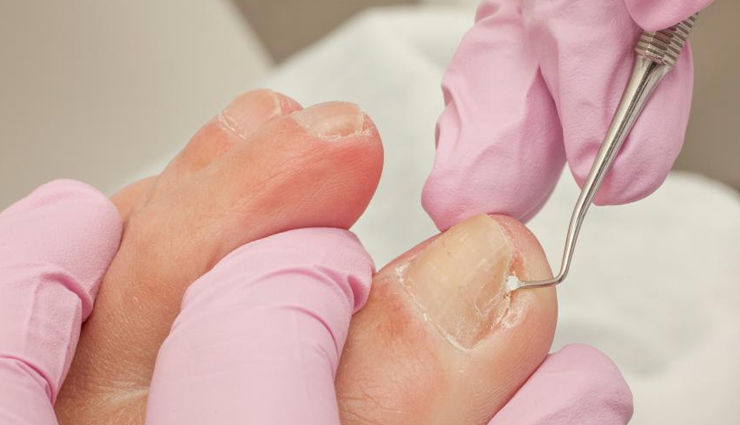
An ingrown toenail, medically known as onychocryptosis, is a common complaint that affects people of all ages and genders, but it is mostly prevalent among older people and adolescents.
As the name suggests, this condition is characterized by the downward growth of the toenail toward the nail fold. The nail spicule ultimately pierces into the adjoining skin to induce a lot of pain and swelling.
The ingrowth usually resolves with simple foot care at home, but only if tended to in the early stages. If not cared for properly, the site can become infected, necessitating medical attention.
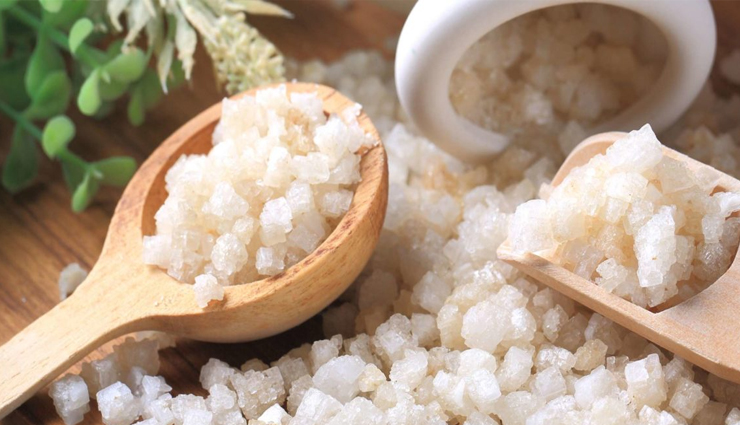
# Epsom salt bath
Epsom salt is an anti-inflammatory agent that can help relieve the pain and swelling associated with an ingrown toenail.
The best way to use it is by preparing a soothing foot soak. Fill a bucket or tub with warm water, mix in 1 tablespoon of Epsom salt, and immerse your feet in the solution for 10–12 minutes every day. Make sure that the water is not too hot before putting your feet in.
The Epsom salt eases inflammation, while the warmth of the water softens the nail tissue and surrounding skin, making it easier to apply topical medication inside the curved edges.
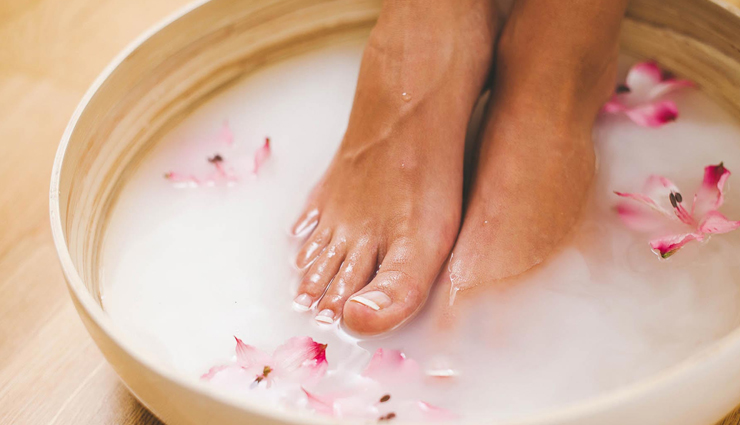
# Cleanse the site
Once you have soaked and dried your feet, it’s time to sterilize the wounded site.
Dip a small piece of cotton ball in a disinfectant, such as liquid Betadine, and place it under the curved corner of the ingrown nail. This dressing sanitizes the site to prevent infections and separate the nail from the lateral nail fold.
It is important to change this dressing at least once a day. If you are out of cotton, you can use a string of dental floss instead.

# Apply topical antibiotics
Several topical antibiotics can be used to prevent your toenail from getting infected. For starters, you can apply an over-the-counter antibiotic ointment such as Neosporin after soaking and drying your ingrown toenail.
Alternatively, you can apply tea tree oil diluted in a carrier oil, such as coconut or olive oil, to the affected site.
Another option is to mix a few drops of water in turmeric powder to form a paste and then smearing it all over the ingrown toenail. Use a Q-tip for easy application, because your finger will not be able to reach under the nail
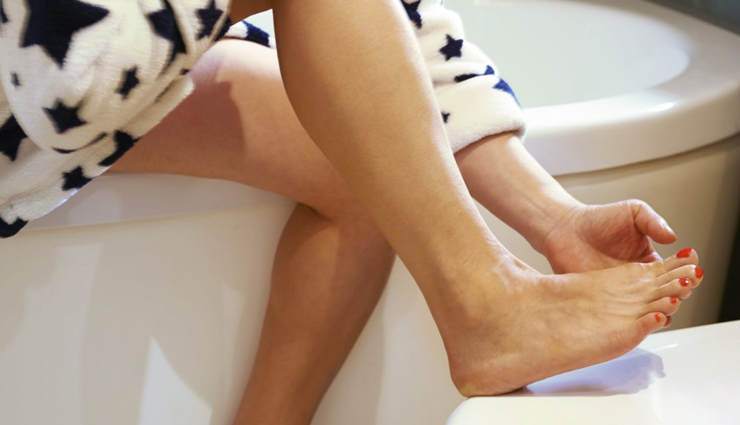
# Massage the nail fold
Gently massaging the painful nail fold can help release inflammation and can provide comfort, but make sure to soak your feet in comfortably warm water first. Also, wait till the toe is completely dry before massaging.
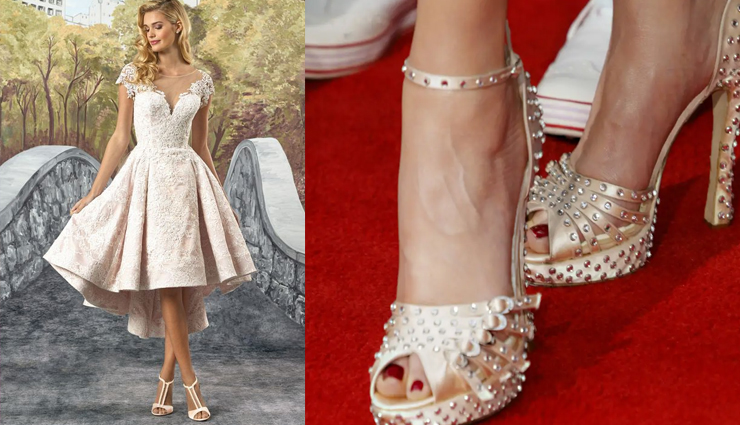
# Choose your footwear wisely
Wear comfortable footwear, preferably with a wide and open front to give your toes space and proper ventilation.
Sandals are much more preferred than tight, narrow shoes that squeeze and rub against the toes, allow no airflow, and make your feet sweaty.
Friction and sweat can greatly aggravate the condition by further injuring the curved toenail and increasing the risk of infection.
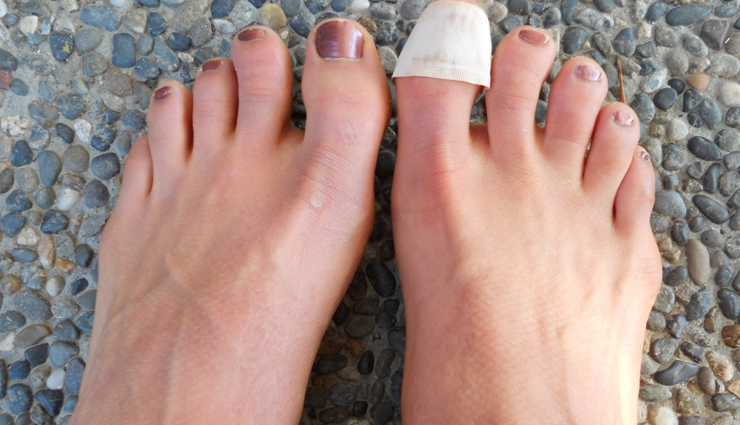
# Try specially designed tools to protect your toe
Cover the affected toe with a bandage or Cutiplast Steril for a protective padding to keep it safe from further trauma and external irritants.
There are other devices for this purpose as well, such as toe protectors and braces. Toe protectors are worn over the affected toe to provide a cushion between the painful nail edge and the adjoining toes or footwear. This keeps the shoe or toes from rubbing against the ingrown nail spicule.
An ingrown toenail brace gently lifts and straightens each side of the affected toenail to ease the pressure the ingrowth applies to the skin.
You can easily get these devices at local pharmacies or online stores.
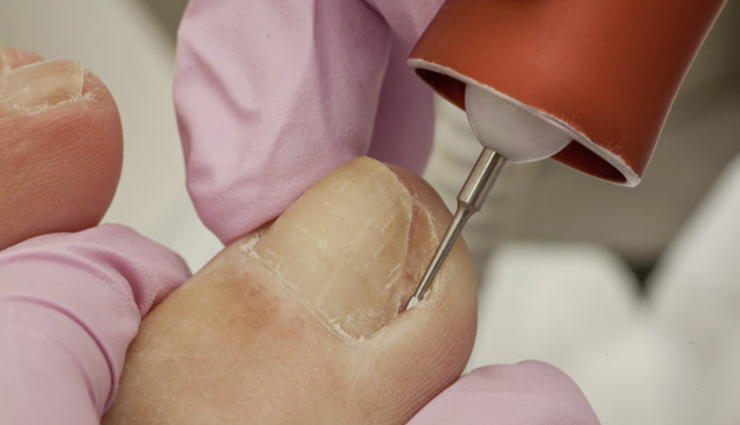
# Take pain medication
If the ingrowth causes unbearable or constant pain, you can take nonprescription analgesics, such as ibuprofen or acetaminophen, to ease your condition.
# Avoid weight-bearing and strenuous activities
Rest your feet by limiting your day-to-day movement until the ingrowth heals. Even while standing or walking, try to keep the pressure off the affected toe but putting all your weight on the other foot.
Avoid activities that strain your feet such as running, jogging, and standing for long periods.

# Take care of your toe after surgery
If you get your ingrown toenail surgically removed, make sure to observe post-operative care as prescribed by your doctor. It can take months for the operated toe to heal, and until then you must keep the wound clean and dry to avoid infections.
# Get prompt treatment for infection
Monitor your ingrown toenail for any signs of infection, such as redness, swelling, and drainage of pus or watery discharge. If you notice any such signs, visit a doctor at once.





